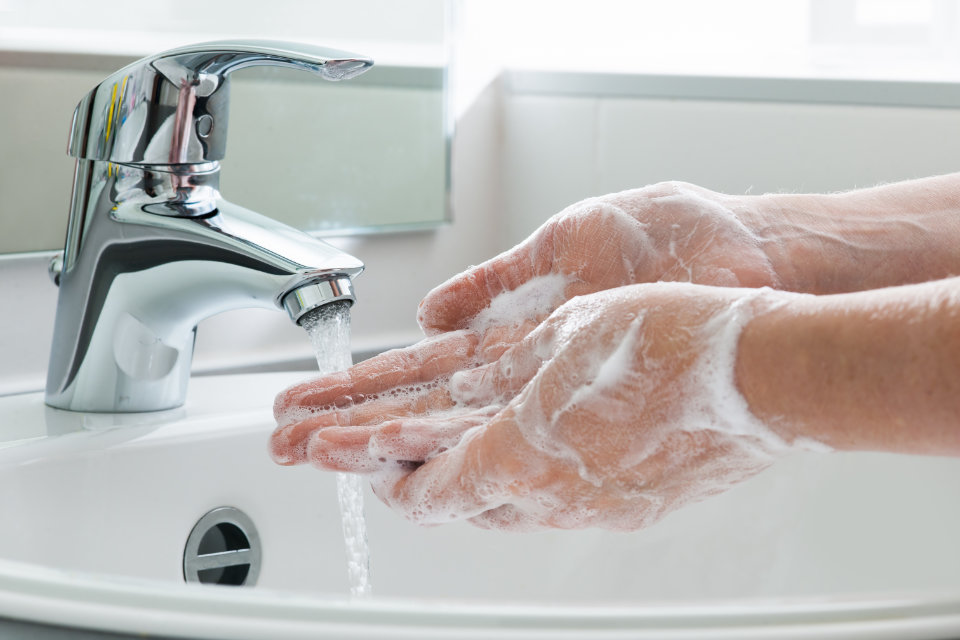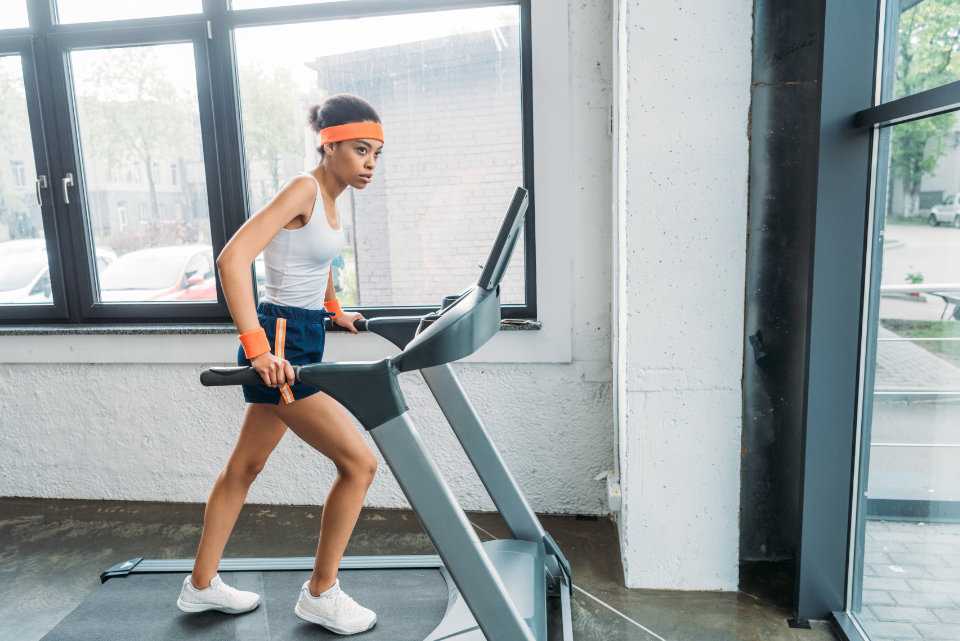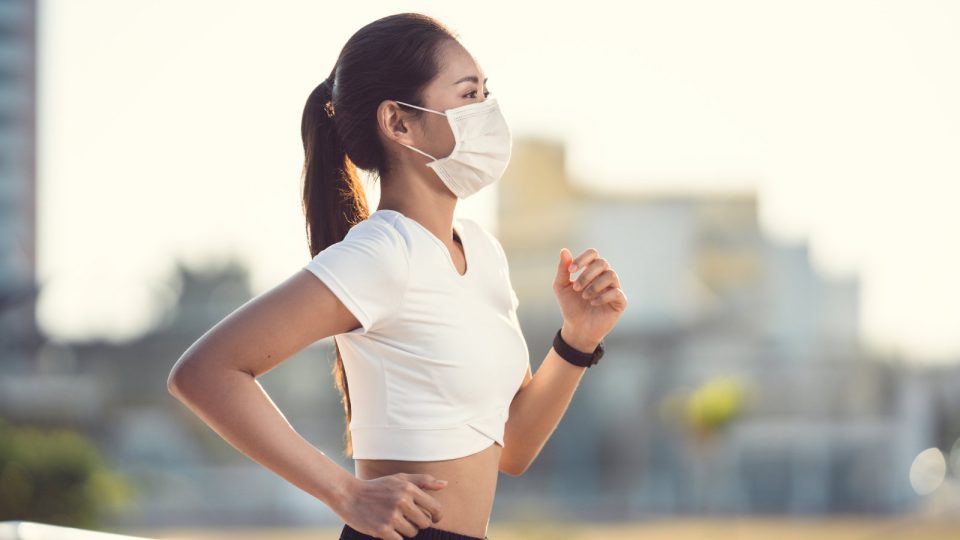As someone who cares deeply about the physical health and well-being of yourself and your family, news of the coronavirus likely alarms you so much, you wonder if you should make lifestyle changes to stay safe and healthy.
Should you continue your normal fitness efforts or lay low for now? It’s a question every runner must answer.
What is the coronavirus?
When the worldwide alert went forth from the World Health Organization that several cases of pneumonia in Hubei Province Wuhan City were reported that differ from any other known virus on 31 December 2019, it took no time for scientists to proclaim it a new strain of a “family of viruses that include the common cold, and viruses such as SARS and MERS…temporarily named 2019-nCoV.”
Symptoms include “runny nose, headache, cough, sore throat, or fever,” say U.S. Centers for Disease Control (CDC) scientists, who agree this version of the coronavirus can prompt bronchitis and pneumonia.
Thus far, doctors and scientists say that this illness isn’t as deadly as SARS and MERS, but that conclusion is preliminary in light of the fact that it’s been identified so recently.
Is it safe to run outside?
It’s recommended to do some exercise wherever you are to keep yourself healthy. In fact, it’s safer to be outdoor that indoor when it comes to disease transmission. The best plan for running right now is to go out to run on your own to enjoy the sunlight and nature.
When running in a group, you can protect yourself by spreading out and avoid unnecessary hand and face touching. Wash your hands with soap for at least 20 seconds when you get back or carry a hand sanitiser.
Can Coronavirus be spread through sweat?
The Coronavirus – known as COVID-19 – spreads from person to person in close proximity, similar to other respiratory illnesses, such as the flu via droplets of bodily fluids – such as saliva or mucus not sweat.
There’s no evidence that the virus can be spread by perspiration.
Are gyms safe?
There is a possibility that a person can get COVID-19 by touching a surface that has the virus on it, and then touching their own nose, mouth or eyes.
Most gyms have certain precaution to tackle the virus such as adding additional hand sanitiser and antibacterial wipes and disinfecting the area frequently.
Remember to wipe and clean any equipment before you use and remember to wash your hands regularly with soap for at least 20 seconds , especially after your workout.
Preventative measures you can take
- Avoid close contact (1 metre or 3 feet) with anyone suffering cold or flu-like symptoms
- Wash your hands frequently with sanitizer or soap and water.
- Sneeze and cough into a tissue, not your hand. Dispose of the tissue immediately. Immediately wash your hands with soap and water for at least 20 seconds. If soap and water are not readily available, clean your hands with a hand sanitiser.
- Share recent travel history with doctors if you’re coughing, sneezing or have breathing difficulties.
- Stay away from live markets in areas where the coronavirus has been diagnosed.
- Avoid handling raw or undercooked meats with bare hands to avoid cross-contamination.
- Avoid touching your eyes, nose, and mouth with unwashed hands.
- Stay home if you’re sick and wear a facemask.

Should you keep running?
Wuhan, China has been most profoundly impacted with the most diagnosed cases. Hundred of people are reported to have the disease in Singapore as well as people in over 150 countries.
The good news is that upon quick diagnoses, coronavirus sufferers will recover by staying hydrated and taking aspirin products formulated to treat and alleviate symptoms. The question of whether it makes sense to push your body if you are exhibiting any of these symptoms is an individual choice.
Dr. David Nieman says, “Runners training normally don’t have to worry any more than the average person. Runners are, in fact, less likely to get ill with an upper respiratory tract infection like coronavirus,” as long as they don’t over-train.
Nieman warns runners that the body is more vulnerable to infection in the aftermath of long races like marathons.
Should you wear a face mask or run alone?
Chinese face mask maker Lanhine has seen the demand for their products skyrocket from 400,000 daily to a demand for 200 million.
In fact, The Strait Times reports that “Chinese nationals…are stocking up on protective gear to send to family members in China.”
That stated, Marybeth Sexton, assistant professor at Emory University School of Medicine, warns that, “Even with perfect use, these masks aren’t foolproof because a virus or pathogen can still slip through the sides or enter the body through the eyes.”
Calling masks a “flawed but valid line of defense,” Sexton says runners can wear them if it makes them feel safer, but they must be properly fastened to protect the nose, mouth and chin.
Running alone could avoid your contact with potential carriers. If you run with someone suffering from symptoms and throw caution to the wind by using her towel, drinking from her bottle or sharing foods, you are inviting trouble.

How to decide if you should run
- It’s dangerous to run with a fever because your body temperature is already elevated, says Dr. Lewis G. Maharam.
- Got the sniffles but still feel like running? You’re good to go as long as you don’t feel bronchial tightness, advises Exercise Physiotherapist Geralyn Coopersmith.
- A “neck check” is a good way to decide, says Dr. Neil Schachter. “If your symptoms are above the neck, [sore throat; nasal congestion; sneezing], it’s OK to exercise. If your symptoms are below the neck [cough; fatigue; fever], hang up the running shoes until these symptoms subside.”
- An excellent way to keep tabs on the coronavirus crisis is to monitor news reports. Resources like the Johns Hopkins CSSE online dashboard can be invaluable.
- You probably can’t go wrong if you use the common sense your parents taught you!
Did you change your running routine to be on the safe side?
Meanwhile, you can join the free Run To Overcome Online Race to continue running outdoors when possible to keep your body and immune system in peak condition.
Is it safe to run outside?
Yes, it’s better to go out to run alone and enjoy the outdoors and sun so you can stay fit.
Should you avoid running in groups?
You should avoid close contact (1 metre or 3 feet) with anyone suffering cold or flu-like symptoms. Protect yourself by spreading out and avoiding unnecessary hand-touching. Wash your hand regularly.
Can I wear a mask to run?
Yes, you can wear them if it makes you feel safer, but they must be properly fastened to protect the nose, mouth and chin. However if you are unwell, please avoid running.
Can you run outside if you are quarantined?
Please follow the quarantine measure strictly. You can always run outside when your quarantine period is over. You can exercise at home to keep yourself healthy like doing bodyweight exercises or running on an at-home treadmill as 30 to 60 minutes of moderate to brisk activity can help your immune system to keep the viruses at bay. Rest instead if you’re sick.




